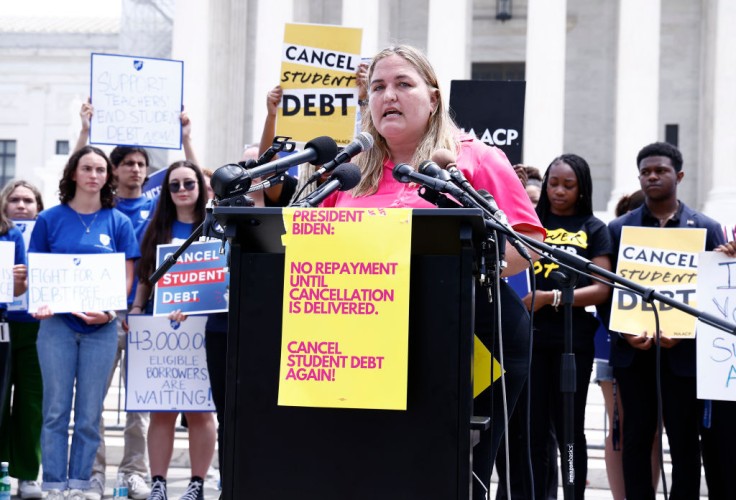
Student loan borrowers are reporting experiencing difficulties as they follow up with their repayment post-pandemic due to servicer lapses.
As post-pandemic relief ended on October, 22 million borrowers are finding themselves needing to pay their student loans.
However, as recently highlighted by the Consumer Financial Protection Bureau (CFPB), a large number of borrowers are experiencing inaccurate billing and processing delays in their student loan repayment.
Post-Pandemic Student Loan Repayment's Servicer Lapses
In the post-pandemic era, borrowers on federal student loans are encountering significant obstacles. Relief from student loan repayments started at the beginning of the pandemic in March 2020 and received multiple extensions.
However, the government has since ceased the delay of student loan repayment, which is thrusting borrowers back into the reality of repaying a collective debt of approximately $1.6 trillion.
With the resumption of these payments, issues have been arising as incorrect billing statements, extended waiting times for service calls, and delays in application processing for income-driven repayment plans have emerged.
These problems, highlighted by the CFPB, reflect a nationwide struggle among borrowers to adapt to the renewed demands of student loan repayments.
It was revealed that borrowers were regularly required to wait on hold with their loan servicers for more than an hour, and a significant number of them gave up without making any attempt to receive aid.
By significantly reducing their workforce during the pandemic, several service providers were able to improve their financial performance, according to the CFPB.
On the other hand, servicers have not been able to satisfy the anticipated demand from borrowers for assistance with their debts.
The Bureau of Investigation also discovered that there were considerable delays in the processing of applications for repayment plans.
The government agency discovered that millions of applications for income-driven repayment plans were submitted during the months of August and October.
Furthermore, servicers indicated that there were more than 1.25 million applications that were still pending, with more than 450,000 applications that had been sitting for more than 30 days as of the end of October 2023.
Unfortunately, this means that borrowers wait five times longer in order to process their student loan repayments.
Federal Student Loan Post-Pandemic
The Biden administration has taken definitive steps to address the servicer lapses impacting student loan borrowers.
The Education Department has recently penalized three major student loan service providers-Aidvantage, EdFinancial, and Nelnet-for failing to fulfill their contractual obligations, particularly in providing timely billing statements to borrowers. In response to these developments, servicers have articulated their positions.
Nelnet acknowledged minor billing errors, affecting a fraction of their clientele, while Aidvantage, managed by Maximus, expressed a commitment to correct mistakes and uphold contractual obligations.
On the other hand, EdFinancial deferred to the Education Department for comments on the issue. These responses from loan servicers come at a critical time when borrowers are seeking clarity and support in the wake of resumed student loan repayments.
As the federal government continues its vigilant oversight, borrowers are hoping for more streamlined and error-free services from their loan servicers.
This action involved withholding significant payments from these servicers, signaling a strong stance by the administration to safeguard borrower interests and ensure accountability in the student loan servicing sector.
The recent withholding of $7.2 million from MOHELA for similar infractions further underscores the government's commitment to rigorous oversight and protection for borrowers.
This period is pivotal in shaping how loan repayments are managed and how borrowers are supported in meeting their financial obligations in the years to come.